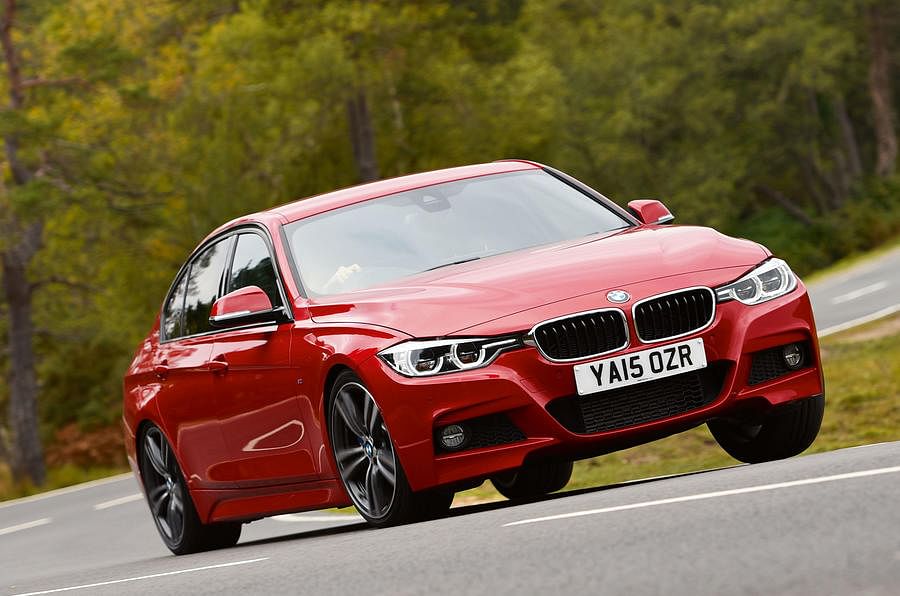BMW has confirmed to Autocar UK that it will recall just under 312,000 cars in Britain due to an electrical fault that can cause cars to completely lose power.
Affected cars include 1 Series, 3 Series, Z4 and X1 petrol and diesel models produced between March 2007 and September 2011. These, according to BMW, "feature a design of wiring configuration that means vehicle vibrations could potentially cause frictional corrosion on the plug of the power distributor".
BMW 3 series
Put simply, it means a vehicle's battery could lose connection to the fuse box, rendering the car completely powerless. In a breakdown, the driver would lack the ability to switch on the car's brake or hazard lights.
Initially, BMW believed 36,410 UK cars built between December 2009 and August 2011 were affected, but it has since said more are involved and has in turn extended the recall.
BMW Z4 series
A spokesman for the brand said the UK's Driver & Vehicle Standards Agency (DVSA) has been informed of the wider recall and that "customers of affected cars should wait for a letter, which is likely to arrive in about three weeks".
The reason for the wait is because it usually takes around two weeks for the Driver and Vehicle Licensing Agency's registration data to come through.
BMW is issuing the parts change free of charge to fix the issue. The work is said to take less than two hours.
BMW X1
The problem was thrust into the limelight recently after it was linked to a fatal accident on Christmas Day in 2016. Last week, an inquest said that Narayan Gurung, a 66-year-old former serviceman, was killed because he was forced to swerve his Ford Fiesta into a tree to avoid a broken-down BMW that had no lights on in the dark since it was without power.
The inquest revealed that BMW had received complaints of this electrical issue as early as 2011. Around 370,000 cars were thought to be involved at that time, but the manufacturer fixed only around five under warranty.
The DVSA asked BMW to ensure its cars were safe in February 2016, with the government body’s lead engineer, Andrew Tudor, stating that “we do not want a fatality”.
BMW supplier quality engineer Mark Hill said back then that the company believed the issue was not “critical” because it didn’t prevent the car’s steering or brakes from working. He said at the time: “It is not a safety defect because a prior warning is given to the user in the majority of cases.”
The company proceeded to recall 500,000 cars in the US in 2013, as well as smaller recalls in Australia, Canada and South Africa, to address the problem, leaving questions as to why it did not recall cars in Britain until after Gurung's fatal accident.
BMW has since said that there was no further UK recall because there are technical differences between cars in the UK and other markets, as well as differences in technical layouts due to left and right-hand drive. The company said each vehicle type is being investigated, taking into account the climatic and environmental conditions of each region.
However, the lawyer for Gurung’s case argued that BMW's response fell short of what was asked of it several years ago. He said: “The lead engineer from the DVSA has said to you, in light of the concern, 'we do not want a fatality'. In other words, the risk that had been identified was a risk of death. If someone’s vehicle suffers a total electrical failure on a motorway or on an A-road, they lose the ability to use their brake lights or hazard lights, and that gives rise to serious injury or death. No lights is the biggest concern. Another road user cannot see the powerless car.”
Also read:
Audi halts diesel A6 and A7 deliveries due to software 'irregularities'
Maruti Suzuki recalls 52,686 Swifts and Balenos


